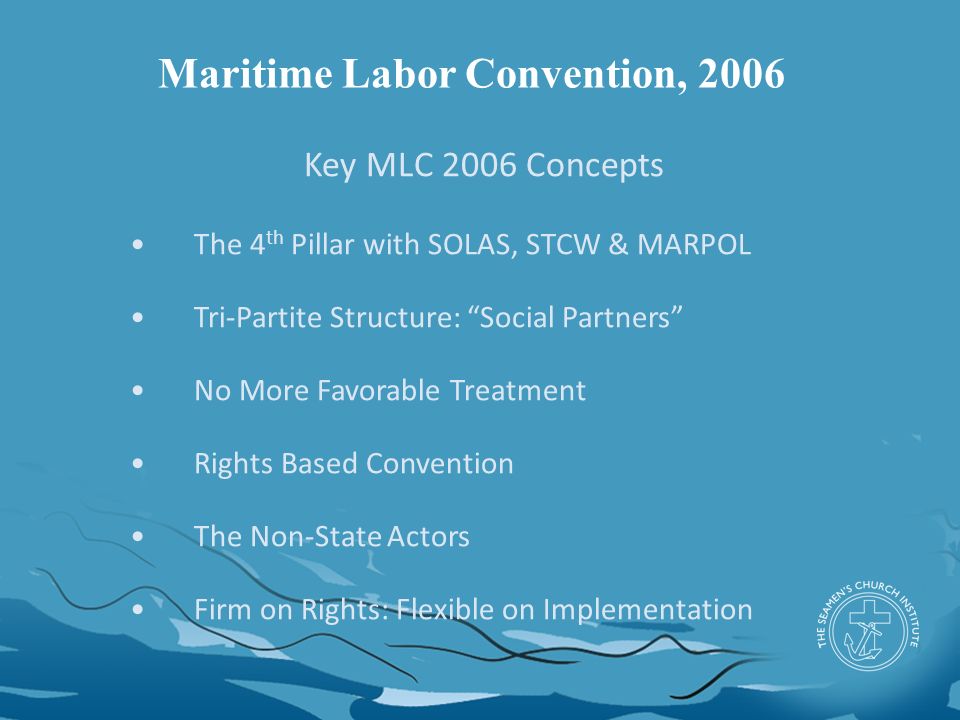GLOBAL MARITIME REGULATORY SYSTEM
Maritime studies is an interdisciplinary academic field that uses liberal arts as the foundation for exploring humankind's relationship with waterways and watersheds. Incorporating history, literature, poetry, and film. Maritime studies covers a broader scope than traditional maritime history or seamanship. Some of the institutions providing maritime studies combine a broad grounding in technical and scientific coursework with the study of courses in arts and humanities. While maritime academies frequently prepare cadets for careers in the merchant marine, maritime studies programs prepare students for a variety of careers in the civilian maritime industrial and service sectors. However the maritime field is governed and under control by their own regulatory system. These systems must be followed and by not doing so is against the law of the sea and actions will be taken. These are some global maritime regulatory system.
SOLAS
The International Convention for the Safety of Life at Sea (SOLAS) is an international maritime treaty which sets minimum safety standards in the construction, equipment and operation of merchant ships. The convention requires signatory flag states to ensure that ships flagged by them comply with at least these standards. The current version of SOLAS is the 1974 version, known as SOLAS 1974, which came into force on 25 May 1980. As of November 2018, SOLAS 1974 had 164 contracting states, which flag about 99% of merchant ships around the world in terms of gross tonnage. SOLAS 1974 requires flag states to ensure that ships flagged by them comply with the minimum safety standards in the construction, equipment and operation of merchant ships. The treaty includes articles setting out general obligations, followed by an annexe divided into twelve chapters, two new chapters were added in 2016 and 2017. Of these, chapter five (often called 'SOLAS V') is the only one that applies to all vessels on the sea, including private yachts and small craft on local trips as well as to commercial vessels on international passages. Many countries have turned these international requirements into national laws so that anybody on the sea who is in breach of SOLAS V requirements may find themselves subject to legal proceedings.

( Source : Google Images )
MARPOL
The International Convention for the Prevention of Pollution from Ships, 1973 as modified by the Protocol of 1978 (MARPOL 73/78, MARPOL is short for maritime pollution and 73/78 short for the years 1973 and 1978) is one of the most important international marine environmental conventions. It was developed by the International Maritime Organization with an objective to minimize pollution of the oceans and seas, including dumping, oil and air pollution. The original MARPOL was signed on 17 February 1973, but did not come into force at the signing date. The current convention is a combination of 1973 Convention and the 1978 Protocol, which entered into force on 2 October 1983. As of January 2018, 156 states are parties to the convention, being flag states of 99.42% of the world's shipping tonnage. All ships flagged under countries that are signatories to MARPOL are subject to its requirements, regardless of where they sail and member nations are responsible for vessels registered on their national ship registry. MARPOL is divided into Annexes according to various categories of pollutants, each of which deals with the regulation of a particular group of ship emissions.
ANNEX I - Prevention of pollution by oil & oily water
ANNEX II - Control of pollution by noxious liquid substances in bulk
ANNEX III - Prevention of pollution by harmful substances carried by sea in packaged form
ANNEX IV - Pollution by sewage from ships
ANNEX V - Pollution by garbage from ships
ANNEX VI - Prevention of air pollution from ships
( Source : Google Images )
STCW
International Convention on Standards of Training, Certification and Watchkeeping for Seafarers (STCW), 1978 sets minimum qualification standards for masters, officers and watch personnel on seagoing merchant ships and large yachts.[2] STCW was adopted in 1978 by conference at the International Maritime Organization (IMO) in London, and entered into force in 1984. The Convention was significantly amended in 1995. The 1978 STCW Convention was the first to establish minimum basic requirements on training, certification and watchkeeping for seafarers on an international level. Previously the minimum standards of training, certification and watchkeeping of officers and ratings were established by individual governments, usually without reference to practices in other countries. As a result, minimum standards and procedures varied widely, even though shipping is extremely international by nature. The Convention prescribes minimum standards relating to training, certification and watchkeeping for seafarers which countries are obliged to meet or exceed.

( Source : Google Images )
MLC
The Maritime Labour Convention (MLC) is an International Labour Organization convention, number 186, established in 2006 as the fourth pillar of international maritime law and embodies "all up-to-date standards of existing international maritime labour Conventions and Recommendations, as well as the fundamental principles to be found in other international labour Conventions". The other "pillars are the SOLAS, STCW and MARPOL. The treaties applies to all ships entering the harbours of parties to the treaty (port states), as well as to all states flying the flag of state party (flag states, as of 2019: over 90 per cent). The convention entered into force on 20 August 2013, one year after registering 30 ratifications of countries representing over 33 per cent of the world gross tonnage of ships. Already after five ratifications the ratifying countries (Bahamas, Norway, Liberia, Marshall Islands, and Panama) represented over 43 percent of the gross world tonnage (which is over 33 per cent; the second requirement for entry into force). As of September 2019, the convention has been ratified by 94 states representing over 94 per cent of global shipping.

( Source : Google Images )
- THANK YOU -














